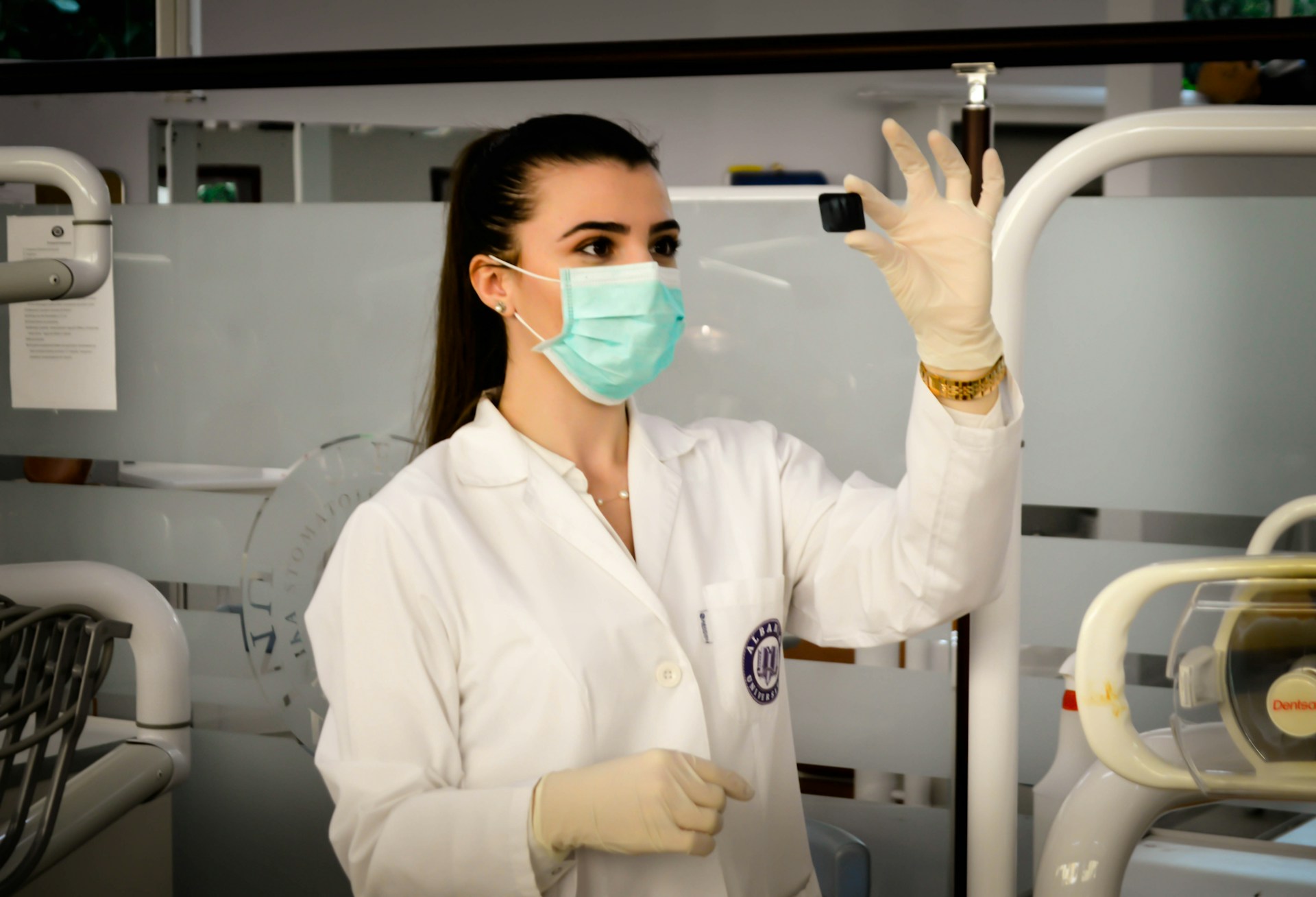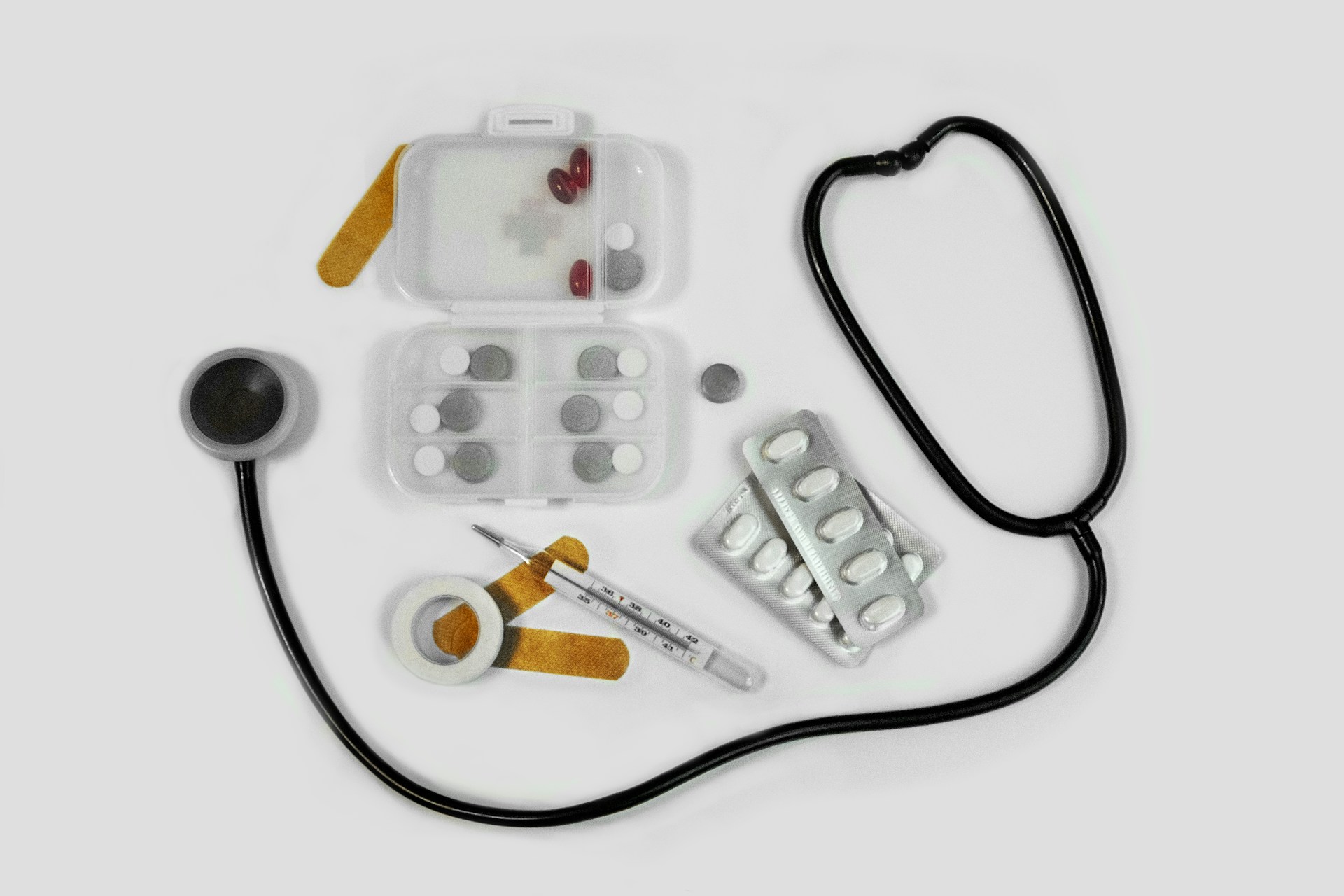The Digital Transformation in Personalized Medicine
In recent years, the healthcare industry has seen rapid advancements in technology that have revolutionized the way healthcare services are delivered. One of the most exciting developments in healthcare is the rise of personalized medicine, which leverages genetic and molecular information to tailor treatments to individual patients. This digital transformation in healthcare is paving the way for more precise and effective healthcare solutions. In this blog, we will delve into the future of healthcare and explore how personalized medicine is shaping the industry.
The Rise of Personalized Medicine

Personalized medicine, also known as precision medicine, is a healthcare approach that considers individual variability in genes, environment, and lifestyle for each person. By analyzing a patient’s genetic makeup, doctors can better predict the effectiveness of medications and therapies, leading to more targeted treatments and improved outcomes.
According to a report by Grand View Research, the global personalized medicine market size is projected to reach $346.4 billion by 2028, growing at a CAGR of 11.6%. This growth is driven by increasing demand for personalized treatments, advancements in genomics and bioinformatics, and a shift towards value-based healthcare models.
Defining Personalized Medicine

Personalized medicine, also known as precision medicine, is a healthcare approach that takes into account individual differences in genetics, environment, and lifestyle when diagnosing and treating diseases. By tailoring treatment plans to the specific needs of each patient, personalized medicine aims to improve outcomes and reduce the risk of adverse reactions. This approach contrasts with traditional medicine, which often adopts a one-size-fits-all approach to treatment.
Benefits of Personalized Medicine

Personalized medicine offers several benefits for both patients and healthcare providers. By tailoring treatments to individual patients, healthcare providers can offer more effective and precise care, leading to better outcomes and reduced healthcare costs. Patients also benefit from personalized medicine by receiving treatments that are more likely to be effective and less likely to cause adverse side effects.
According to a study published in the Journal of Personalized Medicine, personalized medicine has been shown to improve patient outcomes in various disease areas, including cancer, cardiovascular disease, and mental health disorders. The study also found that personalized medicine has the potential to reduce overall healthcare costs by preventing unnecessary treatments and hospitalizations.
The Future of Healthcare

As we look towards the future, it is clear that personalized medicine will continue to play a central role in shaping the healthcare landscape. With advances in digital technology such as artificial intelligence (AI) and machine learning, healthcare providers will have even more tools at their disposal to deliver personalized care. For example, AI algorithms can analyze vast amounts of patient data to identify patterns and predict outcomes, enabling providers to make more informed treatment decisions.
Challenges and Opportunities

While personalized medicine holds great promise for improving healthcare outcomes, there are several challenges that need to be addressed. One of the main challenges is the complexity of integrating genetic and molecular data into clinical practice. Healthcare providers need to have the necessary training and resources to interpret and apply this information effectively.
Another challenge is the cost of genetic testing and molecular diagnostics, which can be prohibitively expensive for some patients. To overcome this challenge, healthcare systems need to find ways to make personalized medicine more accessible and affordable for all patients.
Despite these challenges, personalized medicine presents numerous opportunities for the healthcare industry. By harnessing the power of data analytics and artificial intelligence, healthcare providers can uncover valuable insights into patients’ health conditions and predict their future healthcare needs. This proactive approach to care can help prevent disease progression and improve patient outcomes.
Also: Improving Patient Outcomes through Patient-Specific Treatment Plan Tracking
The Role of Technology

Technology plays a crucial role in enabling personalized medicine and driving the digital transformation in healthcare. Advancements in genomics, bioinformatics, and data analytics have made it possible to analyze vast amounts of genetic and molecular data quickly and accurately. This allows healthcare providers to generate personalized treatment plans based on each patient’s unique genetic profile.
In addition, telemedicine and remote monitoring technologies have made it easier for patients to access healthcare services from the comfort of their homes. This has been particularly important during the COVID-19 pandemic, as many patients have relied on virtual care to receive medical advice and treatment.
According to a report by McKinsey, telehealth adoption rates in the US surged to 46% in 2020, up from 11% in 2019. This trend is expected to continue, with more patients opting for virtual care options in the future. Telehealth not only improves access to care for patients but also reduces healthcare costs and enhances overall patient satisfaction.
Conclusion
The future of healthcare is being shaped by the digital transformation in personalized medicine. By leveraging genetic and molecular data, healthcare providers can offer more precise and effective treatments tailored to individual patients. While there are challenges to overcome, such as integrating genetic information into clinical practice and making personalized medicine more accessible, the benefits of personalized medicine far outweigh the challenges.
As technology continues to advance, healthcare providers have the opportunity to revolutionize the way healthcare services are delivered and improve patient outcomes. By embracing personalized medicine and harnessing the power of data analytics and artificial intelligence, the healthcare industry can pave the way for a more personalized and effective healthcare system for the future.
Transform your healthcare organization with BharatLogic innovative custom software development services. Our attention to detail and revolutionary approach will ensure exceptional results, setting your organization apart in the industry. Partner with us to take your organization to the next level and revolutionize the way you provide top-quality healthcare services. Contact us today to learn more about our cutting-edge solutions.






